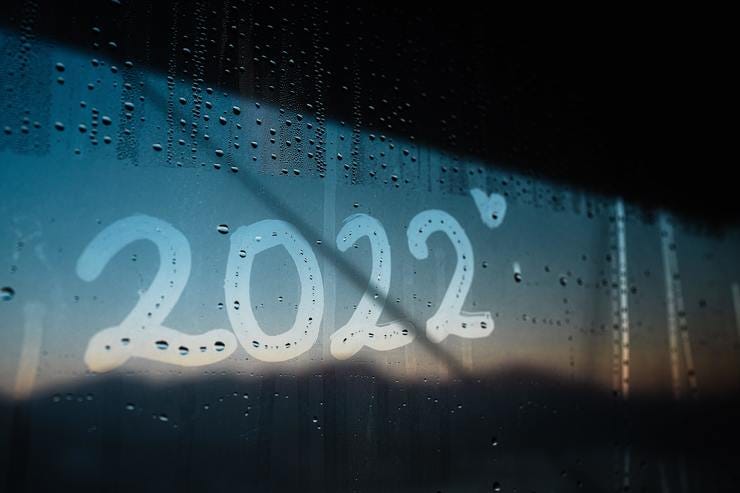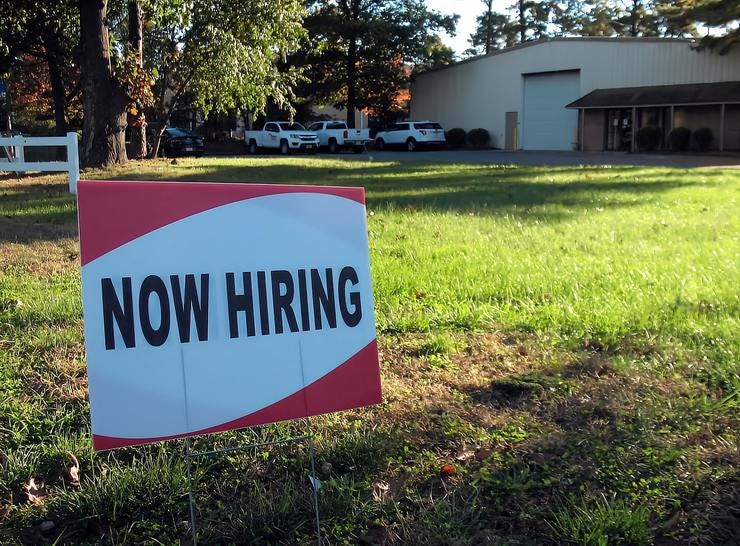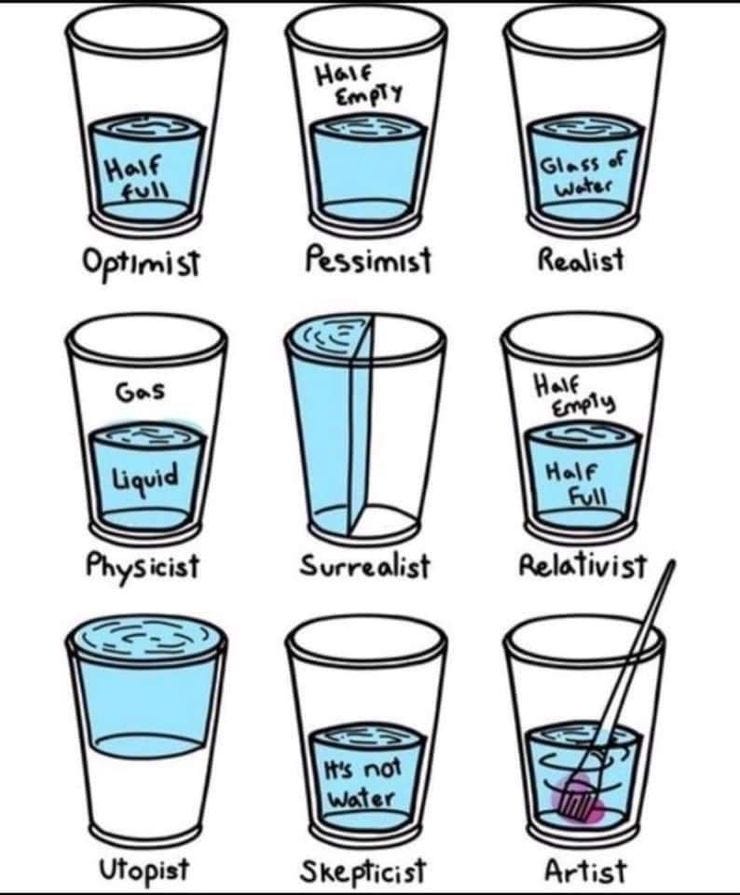The Intentional Organisation - Issue #23 - A Review of 2021.
1. A Review of 2021
2020 has been the year that really made us understand what "disruptive" means. Zoom became the parable for a new world of work. In the tougher times of the pandemics we saw emotional support across countries (you all remember people singing on the balconies in Italy?), we supported the workers (health-care, retail, logistics) that kept our countries running, we diligently expected vaccinations to come and solve the pandemic, a bit like in those disaster movies where everything is sorted out in the final scene.
2021 demonstrated we were definitely off track, as it found new and creative ways to be bad. Green Pass and vaccine cards became the new passport to a semi-normal life, Italy got more sport successes then it ever would have thought of (and even came first as The Economist Country of the Year 2021), the web debated on the new (virtual) reality of the Metaverse, while most of the economy debated on the shortage of chips (affecting both electronics and McDonalds' apparently).
Impacting Shortages
Here I want to reflect on a few facts that have emerged more concretely this year and that will have, in my opinion, a lasting impact on the way we design organisations.
First of all, unfortunately 2021 was not just about a short supply of fries in Japan. Nor we can think of simply blaming a stuck ship into the Suez Canal of what has happened. As usual there is a mix of reasons for what has happened. On one side, as we could not travel, go to restaurants and pubs, we ended up simply buying too much stuff. Overconsumption is probably one of the key trends that became more clear this year, supported by the convenience of e-commerce. On the other side, the domino-effect of lock-downs in China, Taiwan, Bangladesh, India, Vietnam and so on, made it clear that the entire "just-in-time" supply chain best-practice was critically susceptible to small derailments. Thanks to the long distances that goods have to travel due to decades of off-shoring, delays have piled up producing scarcity and with re-awakening inflation, an issue that most Gen Zs had never heard of.
There's no return to Normal
Return-To-Work plans have been in the making (and undone) at least half a dozen times this year, creating requests for more elastic work-rules and linked work-wear. Yet the discussion between who's in favour of a return to an "old normal" and those favouring different alternatives is becoming almost as entertaining as the one between pro-vax and no-vax. We however need to accept that there is no scientific truth on the side of remote work, essentially because there are no shared evidences of productivity measures that can be analysed consistently across industries and companies. What we see about the data of 2021 (in the US) is that companies have reached highest profits ever but wages have not progressed consistently. Similar data come from other countries as well, posing a strong question mark about how this new richness can be shared.
No wonder then the most pressing question in 2021 has been on the role and meaning of work.
A New role for Work
Work seems to be impacted seriously. I've already written on the concept of the Great Resignation but what I think is more impactful is the rising-tide of an anti-work movement. There's 1.5 million "idlers" who joined a Reddit Community for those who want to end work, are curious about ending work, want to get the most out of a work-free life. Going through it makes it clear that there is something seriously broken about the way we intend work today, in a myriad of stories of bad bosses, Orwellian style control, abuse and under-payment, which call for more than a small corporate rebel movement to transform organisations.
Although a number of ideas have already popped out on reasoning why this change towards Work is happening, and what reasons may lie behind, fact is that it's not only an American issue, and is contributing to the uncertainty of the years to come, especially as worker shortage is affecting multiple industries. A big contribution to this is the fact that what seemed initially a generational issue (with younger people refusing old work arrangements), is showing to be cross-generational with what is evidently a reassessment of options for some generations.
Impacts on organisations
So how do we design an organisation today in a scenario where scarcity dominates, people question the meaning of work and the concept itself of disruption and unpredictability is becoming a daily feature rather than an exceptional event?
This is our challenge for 2022. Keep following if you want to see what's up cooking for the next year.
Sergio
3. Reading Suggestions
The distinction is significant.
4. The (un) Intentional Organisation 😁
After all, if you see the glass half-empty, you can simply take a smaller glass.
Source: Pinterest
5. Keeping in Touch
Don’t hesitate to get in touch, either by responding to this newsletter directly or by using the contact form on my blog.
I welcome any kind of feedback, both on this newsletter as well as, in general, on the content of my articles.
Sergio
Find me also on:






